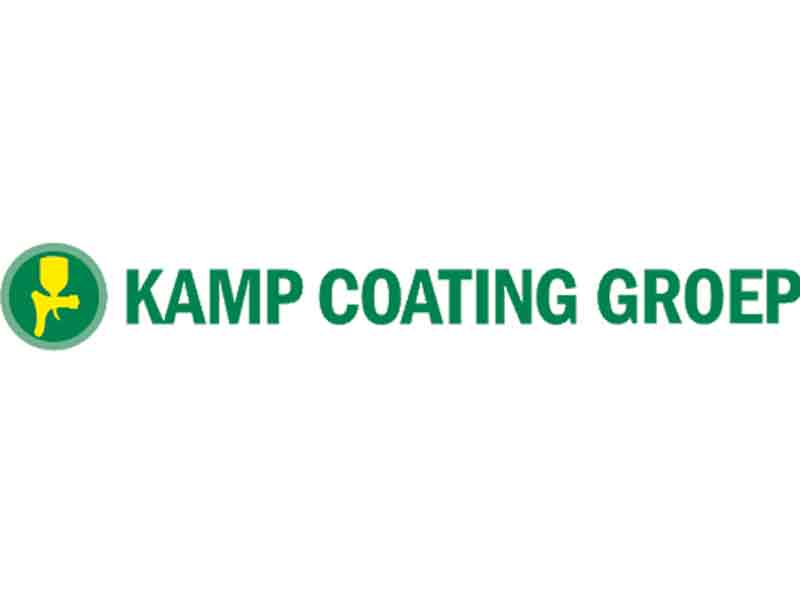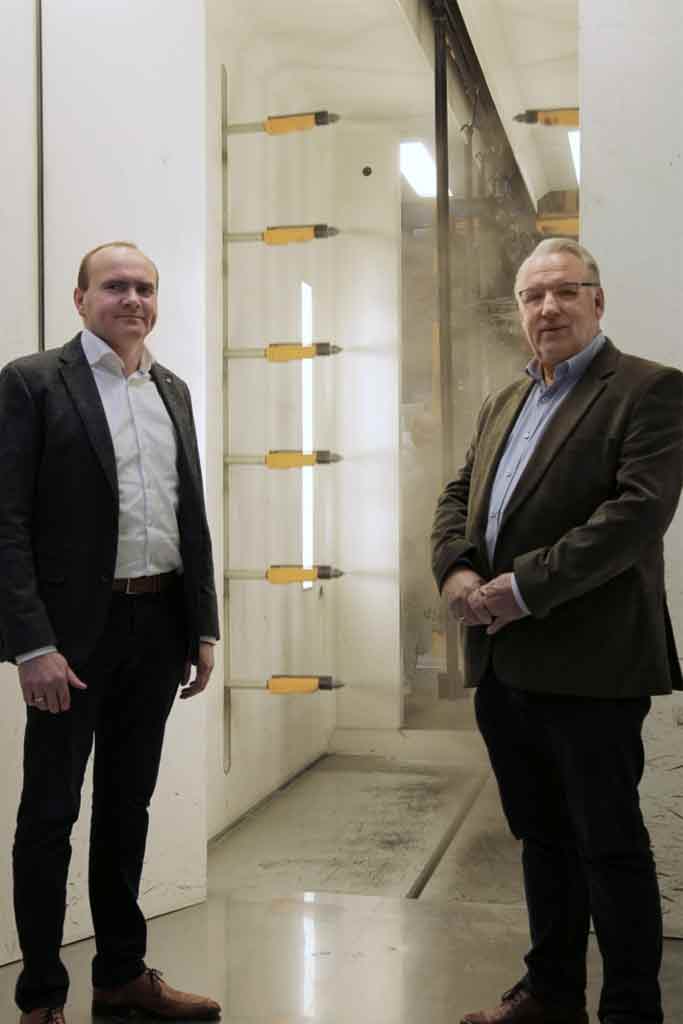
specialist in surface treatment of metal products
Kamp Coating
specialist in surface treatment of metal products
Kamp Coating Groep is a family business employing over 150 people, divided among six locations in the Netherlands. The company is active in machine building, automotive, agriculture, interior building, electrotechnics and construction. In 1949 Kamp Coating started as a paint, spraying and muffle company. The company evolved into a specialist in surface treatment of metal products. They have all pretreatments and coat- and printing techniques in-house such as powder coating, paints, zinc phosphate conversion coating, anodizing, KTL, staining, blasting, screen printing, printing and sublimation.
Of the total revenue, 75% is from the Netherlands, the rest comes from abroad and mainly from Germany and to lesser extend from Belgium. Regarding the products treated by Kamp Coating, an export over distances up to 200 kilometer is fitting. Thanks to that it is possible for German customers to have their coat work done about 200 kilometers outside their borders. It also helps that the German are so charmed by the high quality work done by Kamp Coating, the just-in-time delivery and the personal approach by the company. Kamp Coating is not named the “Flying Dutchmen” for nothing, in Germany.
The German machine factory Lemken, especially active in the agricultural sector, even prescribes Kamp Coating for their machines. They think the Apeldoorn company’s coating system is exceptionally good regarding durability and quality, so much that they chose to prescribe Kamp Coating for those reasons. Other machine builders, besides Lemken, love to do business with Kamp Coating: John Deere, Claes and also the German trailer builder Schmitz CargoBull.
In the future Kamp Coating would like to be prescribed by more German and Dutch companies, “Preferred Supplier in Germany and the Netherlands, that’s our goal for the next few years,” according to directors John Kamp and Maarten Waaijenberg. “The total reachable coating market in Germany and the Netherlands, from Apeldoorn, is about 1,25 billion euros, which means a hefty amount of possible growth and expansion in the future.”

